Sex education: what's being taught and when?
MPS argue primary school children should be taught about sex, but that parents should still be able to opt out
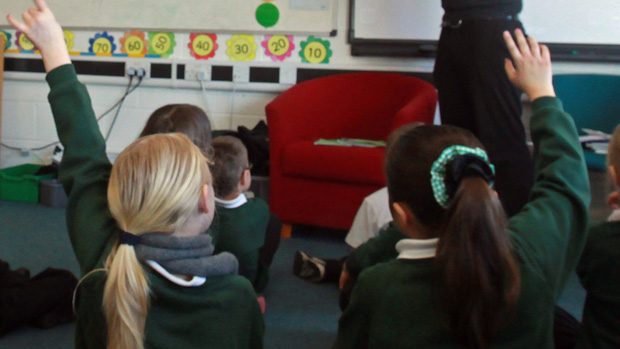
A free daily email with the biggest news stories of the day – and the best features from TheWeek.com
You are now subscribed
Your newsletter sign-up was successful
Sex education should be compulsory across all state primary schools in order to protect young children from abuse, a committee of MPs has urged.
"Young people have a right to information that will keep them safe," the Commons Education Committee chairman Graham Stuart told the BBC.
The committee said that sex and relationship education forms an essential part of any school's "efforts to safeguard young people from abuse" and is crucial to protecting the most vulnerable children in society.
The Week
Escape your echo chamber. Get the facts behind the news, plus analysis from multiple perspectives.

Sign up for The Week's Free Newsletters
From our morning news briefing to a weekly Good News Newsletter, get the best of The Week delivered directly to your inbox.
From our morning news briefing to a weekly Good News Newsletter, get the best of The Week delivered directly to your inbox.
The report said the subject's lack of statutory status meant that it was often sidelined, with teachers denied adequate training. The government has promised to consider the committee's findings.
What's currently being taught and when?
At state schools
Sex and relationship education (SRE) is currently compulsory in council-run secondary schools. It involves teaching students about reproduction, sexuality and sexual health. From the age of 14, pupils begin learning about sexually transmitted disease and practising safe sex.
A free daily email with the biggest news stories of the day – and the best features from TheWeek.com
At primary schools, children under the age of 11 do not receive education beyond the basic biology outlined by the national curriculum.
At private schools, academies and free schools
Sex and relationship education is not compulsory at any level of education, as each school is free to opt out of the national curriculum. However, if they do choose to teach the subject, schools are required to follow government guidance.
Parents have the right to withdraw their children from any aspect of sex education lessons that do not fall under the statutory programme of study for science under the curriculum.
The committee agreed that this should continue to be protected by law. "Parents have rights, too." Stuart told The Guardian. "They must keep the right to withdraw their children if they are unhappy with what the school provides."
-
 The Olympic timekeepers keeping the Games on track
The Olympic timekeepers keeping the Games on trackUnder the Radar Swiss watchmaking giant Omega has been at the finish line of every Olympic Games for nearly 100 years
-
 Will increasing tensions with Iran boil over into war?
Will increasing tensions with Iran boil over into war?Today’s Big Question President Donald Trump has recently been threatening the country
-
 Corruption: The spy sheikh and the president
Corruption: The spy sheikh and the presidentFeature Trump is at the center of another scandal
-
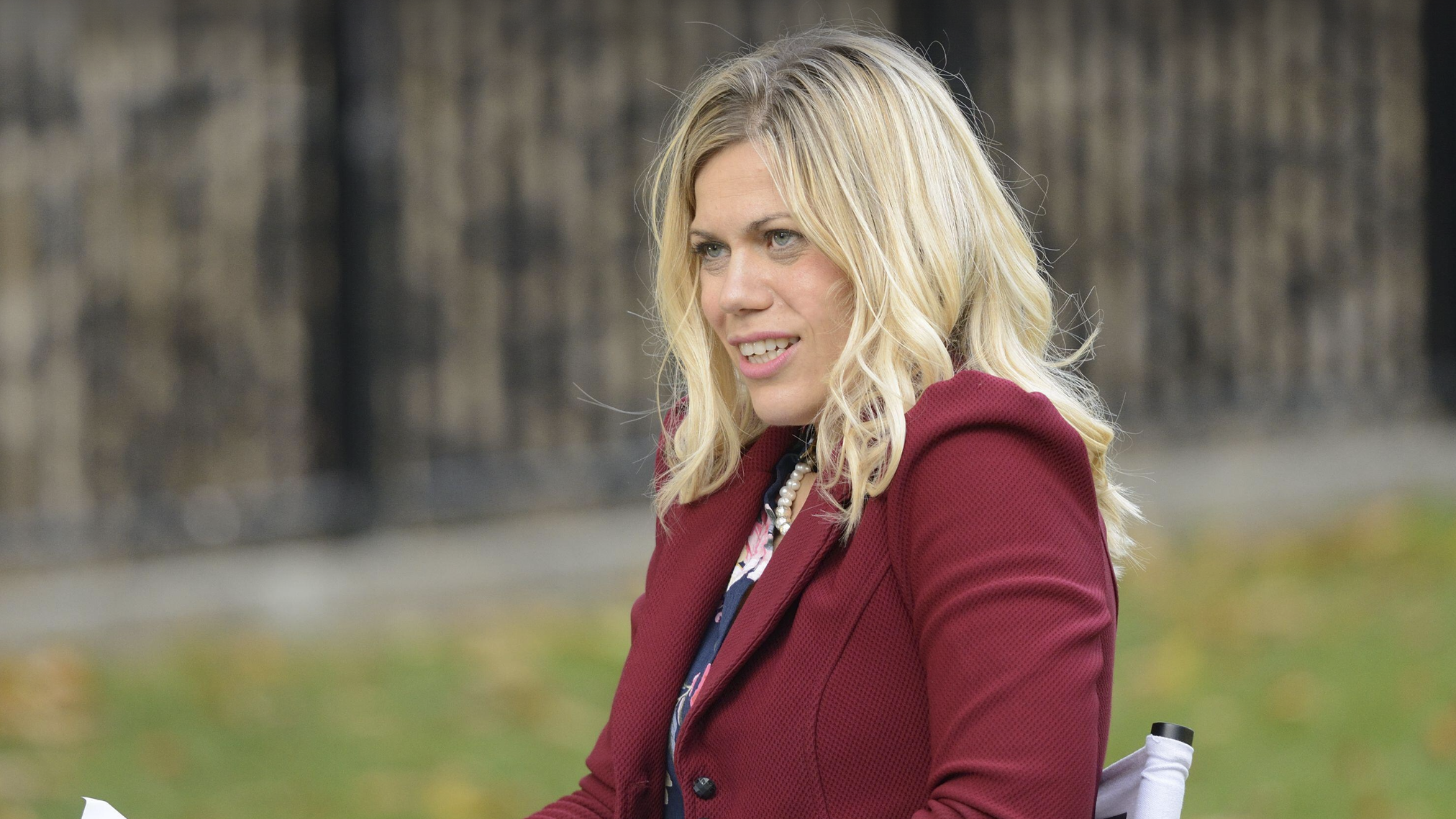 Sex education: a new moral panic?
Sex education: a new moral panic?Talking Point MP Miriam Cates believes relationship and sex education in schools is a ‘safeguarding scandal’
-
 English literature: is it doomed?
English literature: is it doomed?Speed Read Arts and humanities courses are under attack thanks to a shift to ‘skills-led’ learning
-
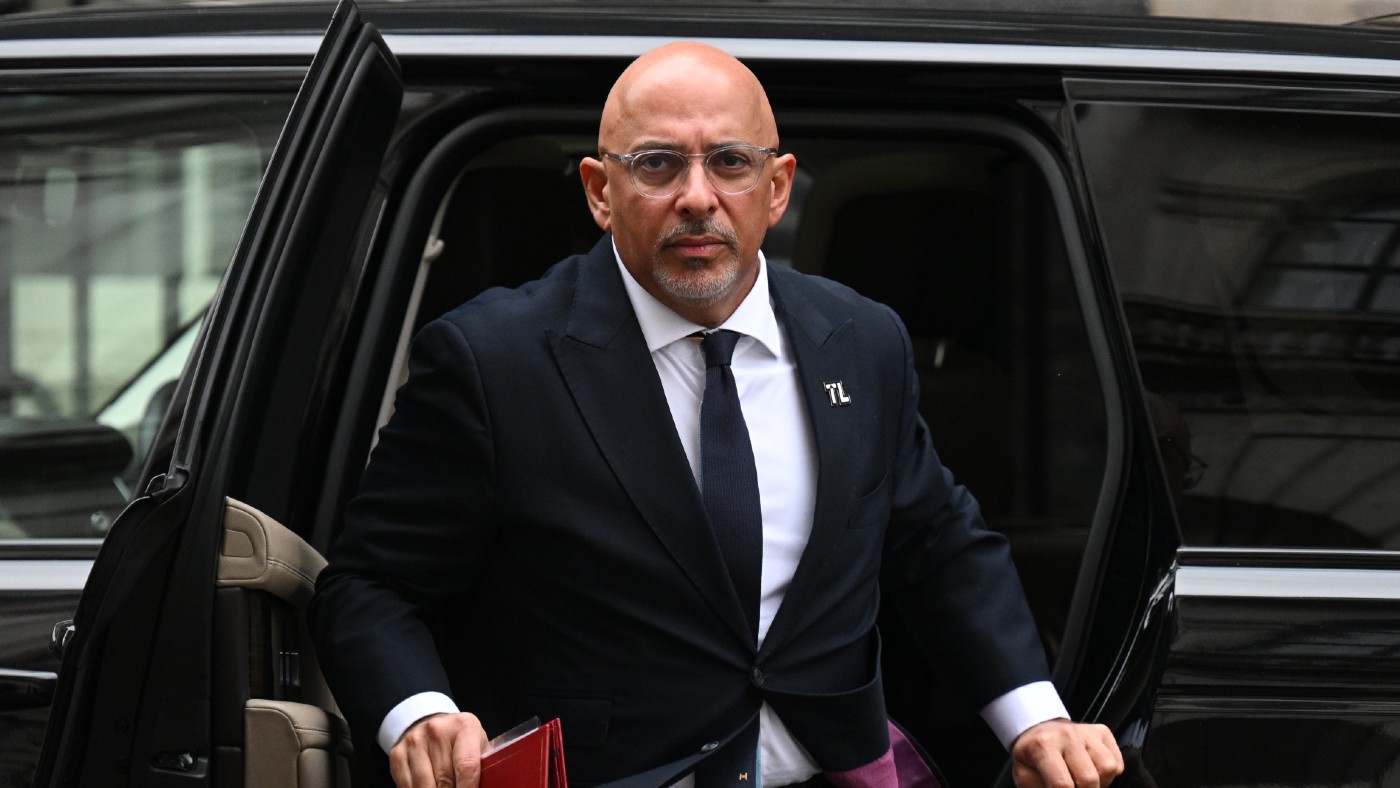 Are UK classrooms a new political battleground?
Are UK classrooms a new political battleground?Speed Read Government has issued new guidance on political neutrality in schools
-
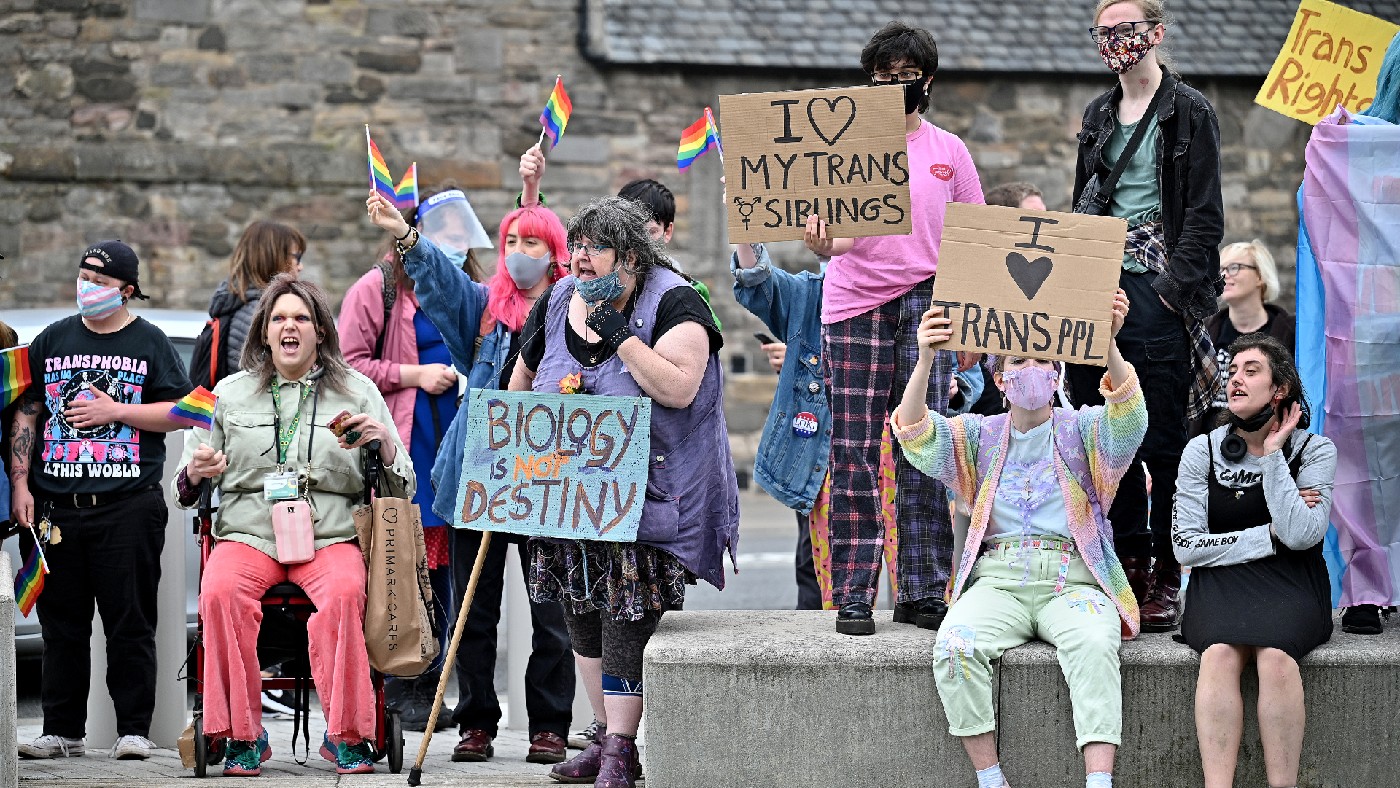 Kathleen Stock resigns: the ‘hounding’ of an academic on the front line of transgender rights debate
Kathleen Stock resigns: the ‘hounding’ of an academic on the front line of transgender rights debateSpeed Read Sussex University students claim ‘trans and non-binary students are safer and happier for it’
-
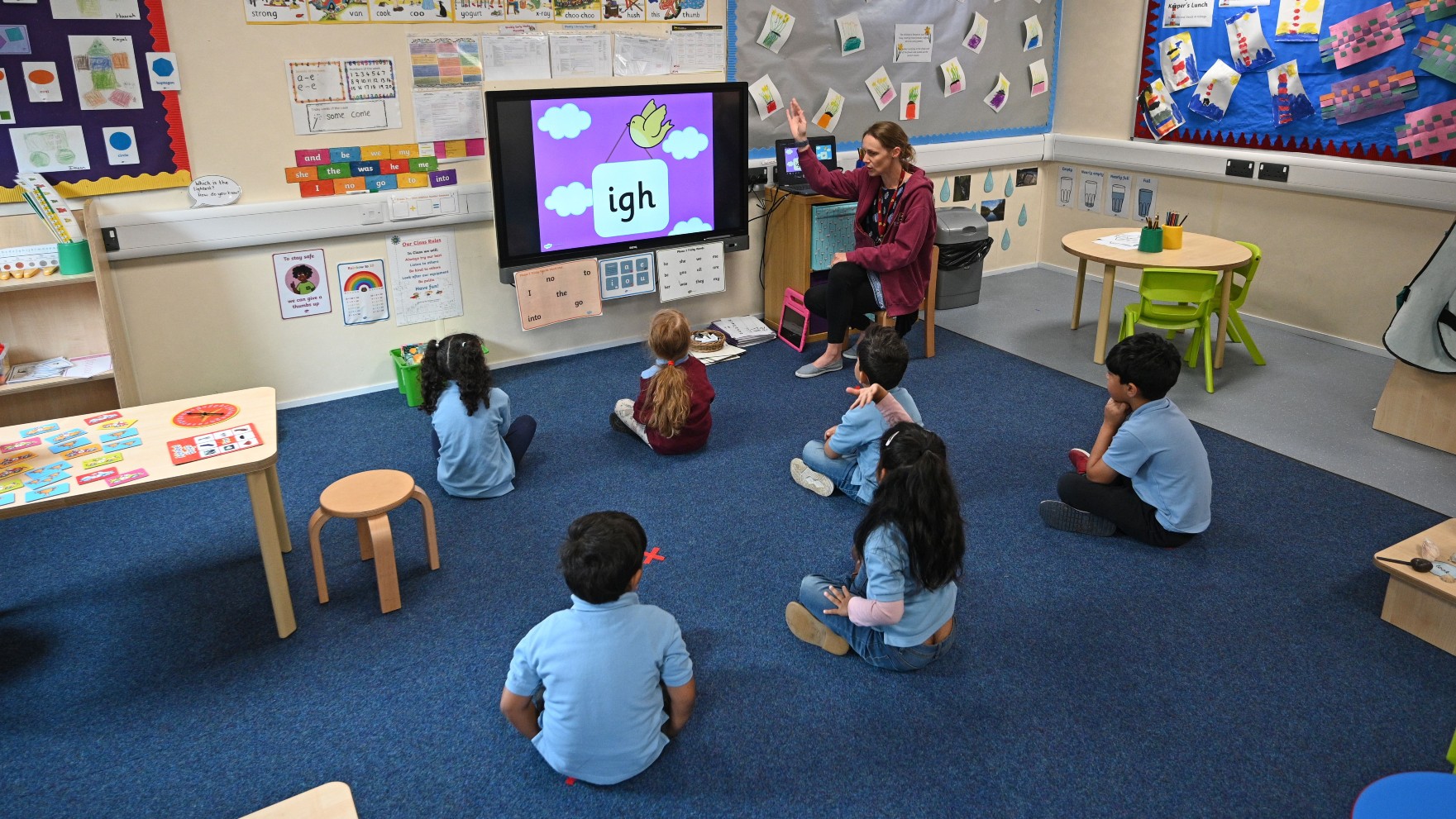 How 100,000 ‘lost children’ disappeared from UK school system
How 100,000 ‘lost children’ disappeared from UK school systemSpeed Read Experts warn that vulnerable pupils may be recruited by gangs after failing to return to education post-lockdown
-
 Why is the government planning to cut arts education funding by 50%?
Why is the government planning to cut arts education funding by 50%?Speed Read Proposal described by critics as ‘catastrophic’ and ‘an attack on the future of UK arts’
-
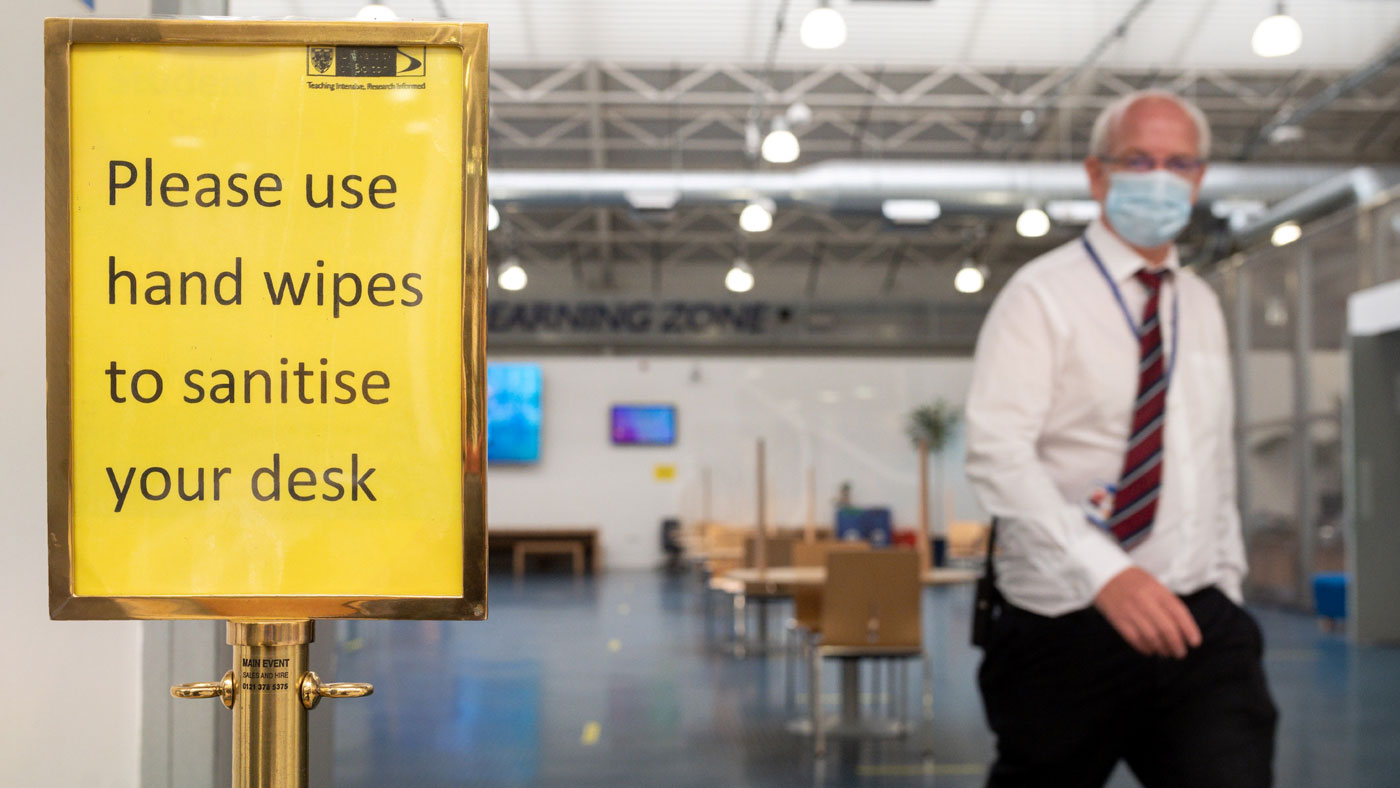 Schools do not spread Covid-19, multiple studies find
Schools do not spread Covid-19, multiple studies findSpeed Read Reports from Germany, Norway and the WHO conclude schoolchildren are not vector of infection
-
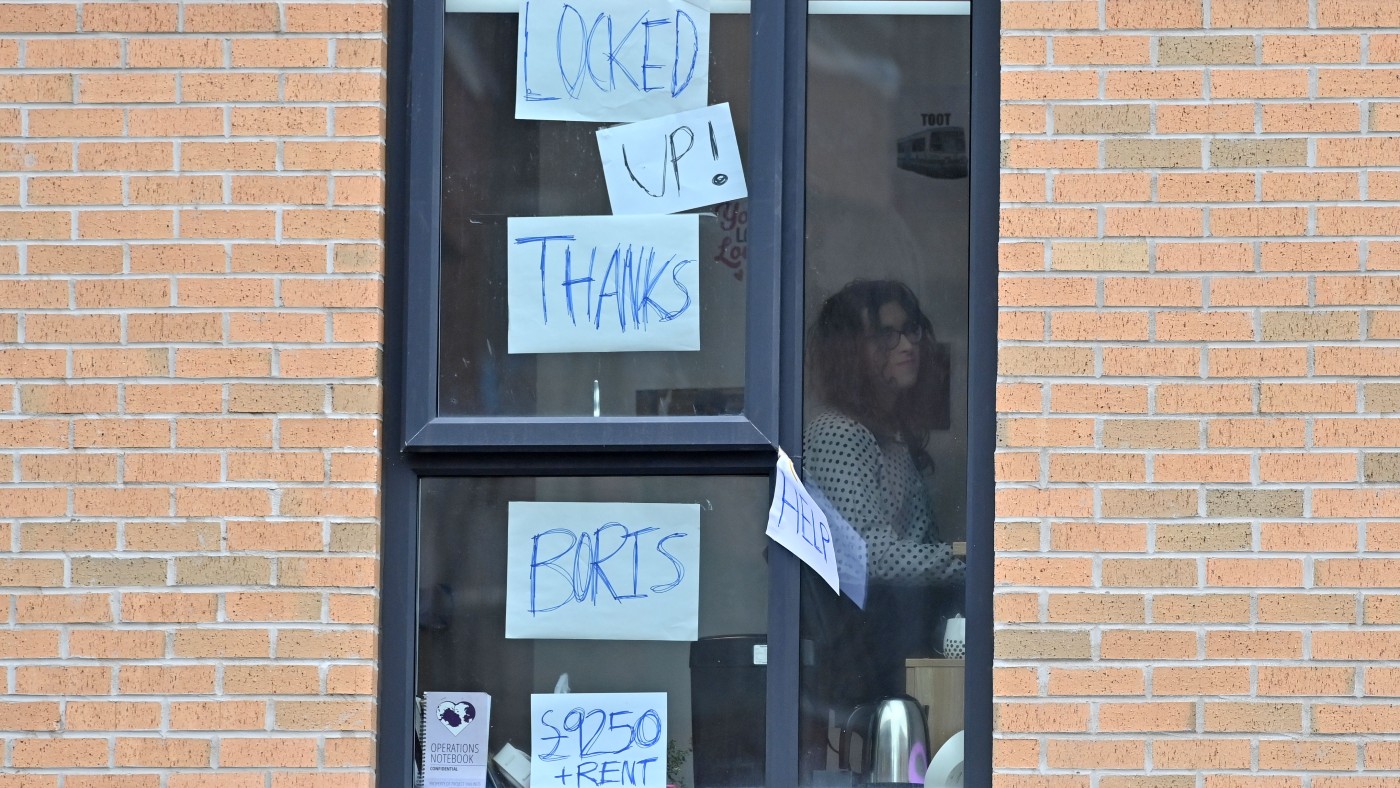 Universities must consider refunding students hit by Covid disruption, regulator warns
Universities must consider refunding students hit by Covid disruption, regulator warnsSpeed Read Institutions under investigation as thousands of undergraduates remain locked down amid coronavirus outbreaks